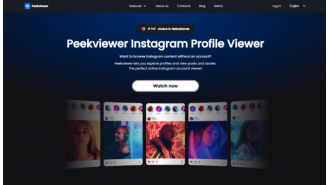A college degree is beneficial, but it's not the only factor for success.
Many industries and job markets prioritize a college degree without considering if it actually prepares individuals for their chosen field. Hiring practices have also followed suit.

In today's world, there has been a longstanding trend among various industries and job markets to assess talent based on a narrow and archaic perspective: the value of a college degree. This oversimplified approach often leads to the belief that a college degree is the ultimate indicator of success, while some college experience is deemed inferior, and having no degree is seen as a disqualifying factor. However, this mindset fails to consider whether the education received truly equips young individuals for their desired career path.
Unfortunately, this narrow view has also influenced hiring practices, as employers tend to prioritize candidates with a college degree over those with some college or no degree at all. This has created a disadvantage for many talented individuals who may not have had the opportunity to pursue a college education but possess other valuable skills and qualifications.
As a result, many companies are missing out on a diverse pool of candidates who could bring fresh perspectives and valuable expertise to their team. This traditional approach to evaluating talent not only limits the potential of individuals but also hinders the growth and innovation of industries.
It is time for a shift in mindset. Employers should recognize that a college degree is not the only measure of success and that individuals without one can still possess valuable skills and knowledge. By broadening their criteria for evaluating talent, companies can tap into a larger pool of qualified candidates and create a more inclusive and dynamic workplace.
Furthermore, it is crucial to re-evaluate the education system and ensure that it prepares students for the rapidly evolving job market. The focus should not solely be on obtaining a degree but also on acquiring practical skills and knowledge that are relevant to the current workforce.
In conclusion, it is time to move away from the traditional and narrow approach to evaluating talent. The value of a college degree should not be overemphasized, and individuals without one should not be automatically disqualified. By embracing a more inclusive and open-minded perspective, we can create a more diverse and thriving workforce for the future.










